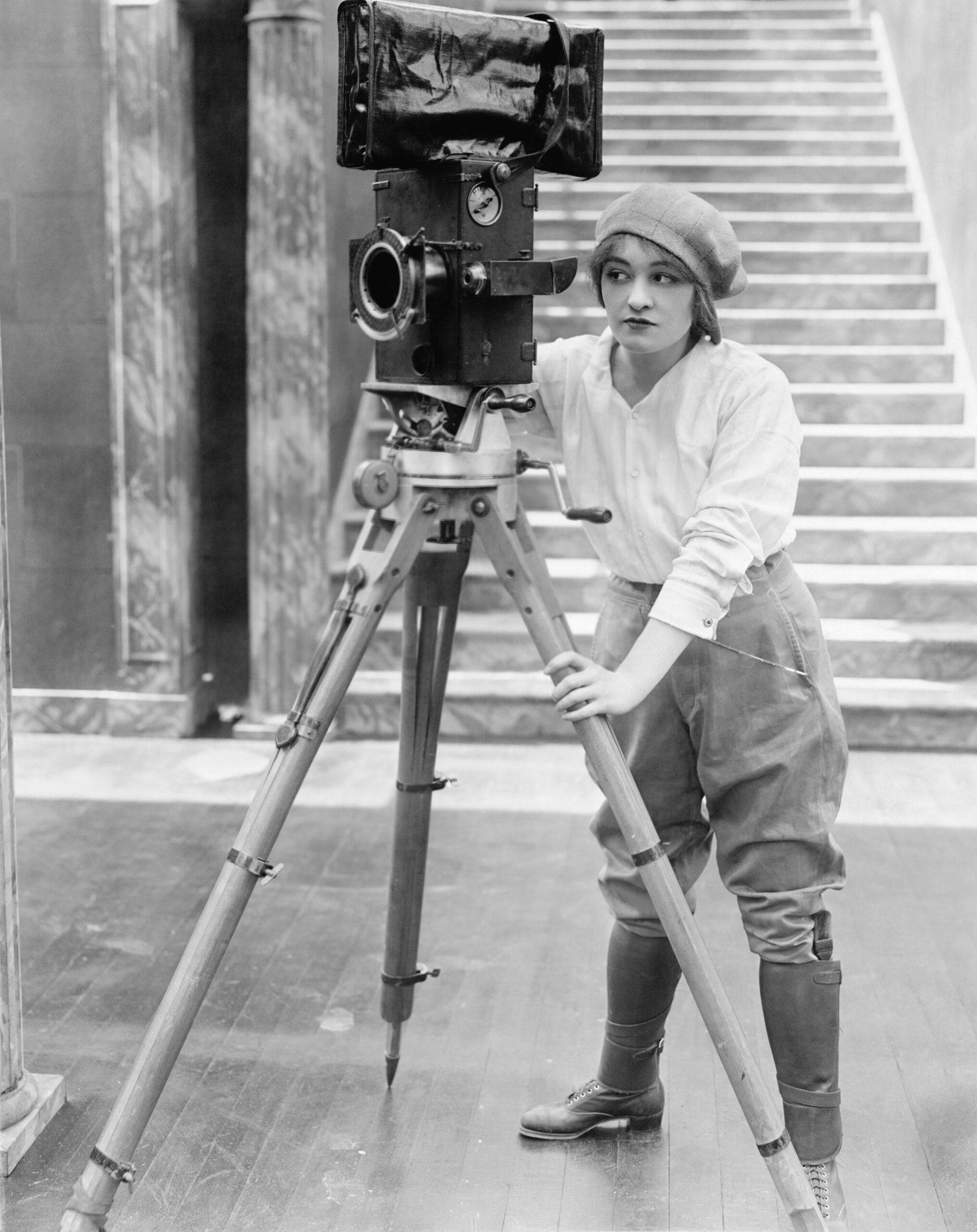This is cross-posted from Brooke's Substack post. Whenever a prominent person takes a potshot at memoir, I hear about it from my students, or come across it online in various memoir groups I’m a part of. Last week, Arthur C. Brooks’s The Atlantic article, “Why You Maybe Shouldn’t Write a Memoir,” landed in my inbox and in my feeds more than a few times. It made already-discouraged writers of memoir feel worse about their tender desire to write their stories. The piece followed a tried and true … [Read more...]
How to Work Through Overwhelm While Writing Your Memoir
The challenge with overwhelm is the way that it hits us from so many sides. As a writer, you’re not just going to be overwhelmed by the project you’re working on, but also with your responsibilities, your life, the wider world. Overwhelm is a lot like seasonal allergies, in that you’re impacted or at its mercy, and it can come and go in waves. As a writer, you don’t have the luxury of compartmentalizing overwhelm, though it might be helpful to think of overwhelm as something to categorize and … [Read more...]
The Clarifying Power of Choosing a Lens for Your Memoir
Camera and film metaphors are quite helpful for writers embarking upon the journey of writing memoir. Such visuals can help writers understand where they’re supposed to be in a given scene, since when you write memoir, you’re both narrator and character. In our six-month course, we have a class dedicated to “writing your memoir like a movie” for the sake of beckoning memoir writers to enter into the scene they’re writing at the age they were then, with the experience they had then, even though … [Read more...]
Memoir, Uninterrupted
In 2015, I interviewed Mary Karr, the godmother of modern memoir, shortly after she had released The Art of Memoir. Just a couple weeks before our interview, she’d told Terry Gross on NPR’s Fresh Air that she felt an obligation to defend the genre. When I asked Karr why, she said, in her wry, hilarious way, that “it’s trashy, ghetto-ass primitive—anyone who’s lived can write one.” And she means these words, spoken in her East Texas accent, in the very best way: this is what makes the … [Read more...]
Write Your Book in Six Months becomes Write Your Memoir in Six Months
Linda Joy and I are pleased to announce that we are refining our course to be memoir-specific. After much good feedback and a general sense of feeling more aligned to our passion of serving memoirists, we have reconceptualized the course to be tailored specifically to memoirists and the unique challenges that they face. And we couldn’t be happier. Linda Joy, founder and president of the National Association of Memoir Writers, has been a tireless advocate of the power of memoir to heal and give … [Read more...]
5 Ways to Make Your Prescriptive Writing Shine
1. Use subheads. Subheads tell your reader what to expect, and they can help you stay on point, too, by functioning as content containers. Think of the content that falls under any given subhead as a substance going into a bucket. Maybe you have water, cornmeal, flour, etc., and goal is not to mix or have your substance spill out or flow over. These ingredients are your content. If you’re writing about dating, for instance, you might have a chapter about getting back into the scene after … [Read more...]
The Difference between Dusty Projects and “Emotion Pits”
Many writers have a dream to finish a project that is in desperate need of oxygen, dying a slow death on some shelf or computer file. I’ve worked with lots of writers who don’t just have writing a book on their bucket list, but writing a particular book. People who fall into this category often either have experienced divine inspiration (they KNOW they have a good idea, and it’s just a matter of acting on it: FINISHING), or they’ve had a life–shaping or –altering experience that they feel called … [Read more...]
Unplug, disconnect, and disengage
I’ve written some about the creative payoff of disconnecting from Internet, email, and phone. We all know doing so creates space for creativity and productivity, but mostly we think of unplugging as something that would be nice, that we should do. We might even consider it a luxury. In fact, if you can make disconnecting part of your writing practice, you will find that it’s much more than a luxury. It’s an invaluable component of staying on track with your writing goals. One of the best … [Read more...]





